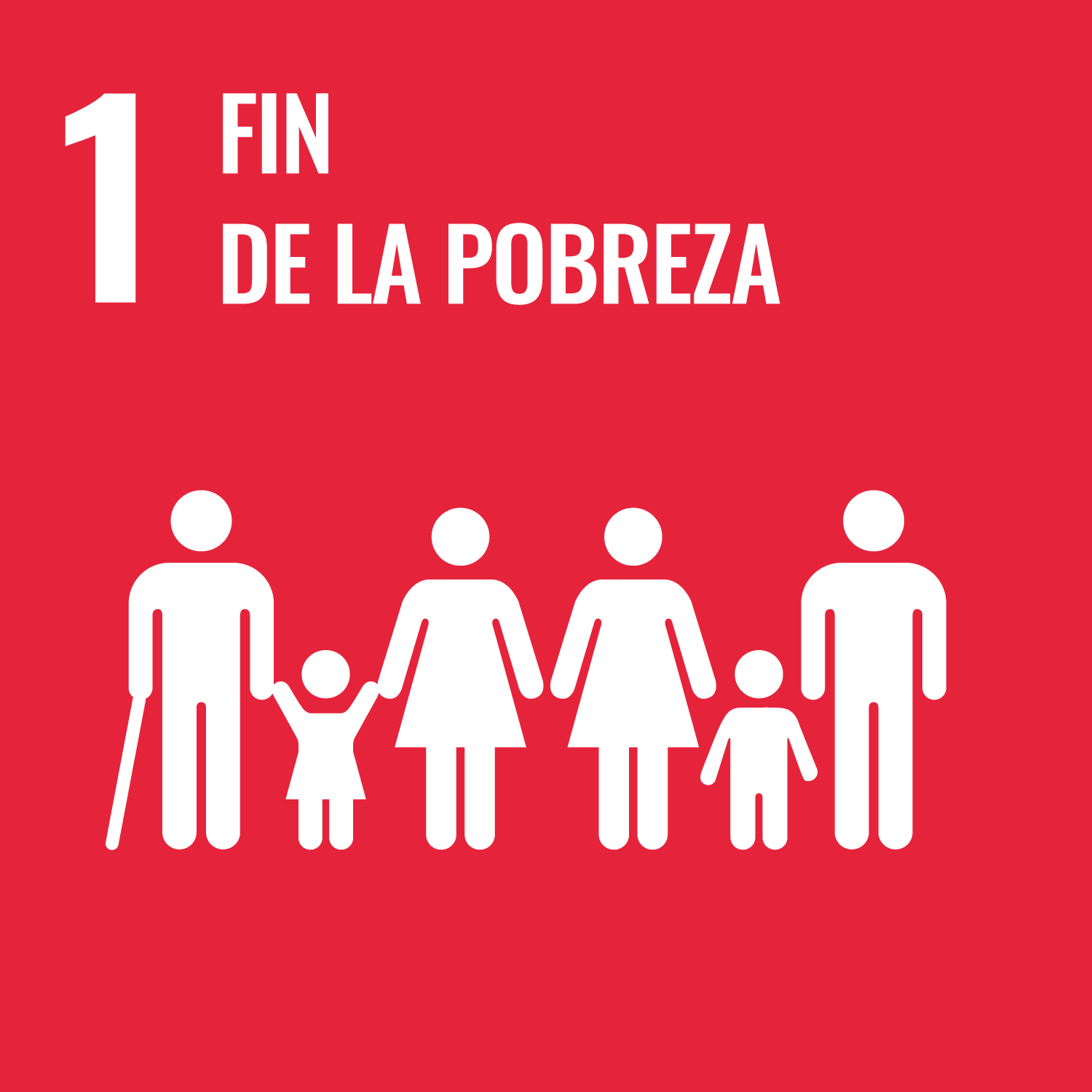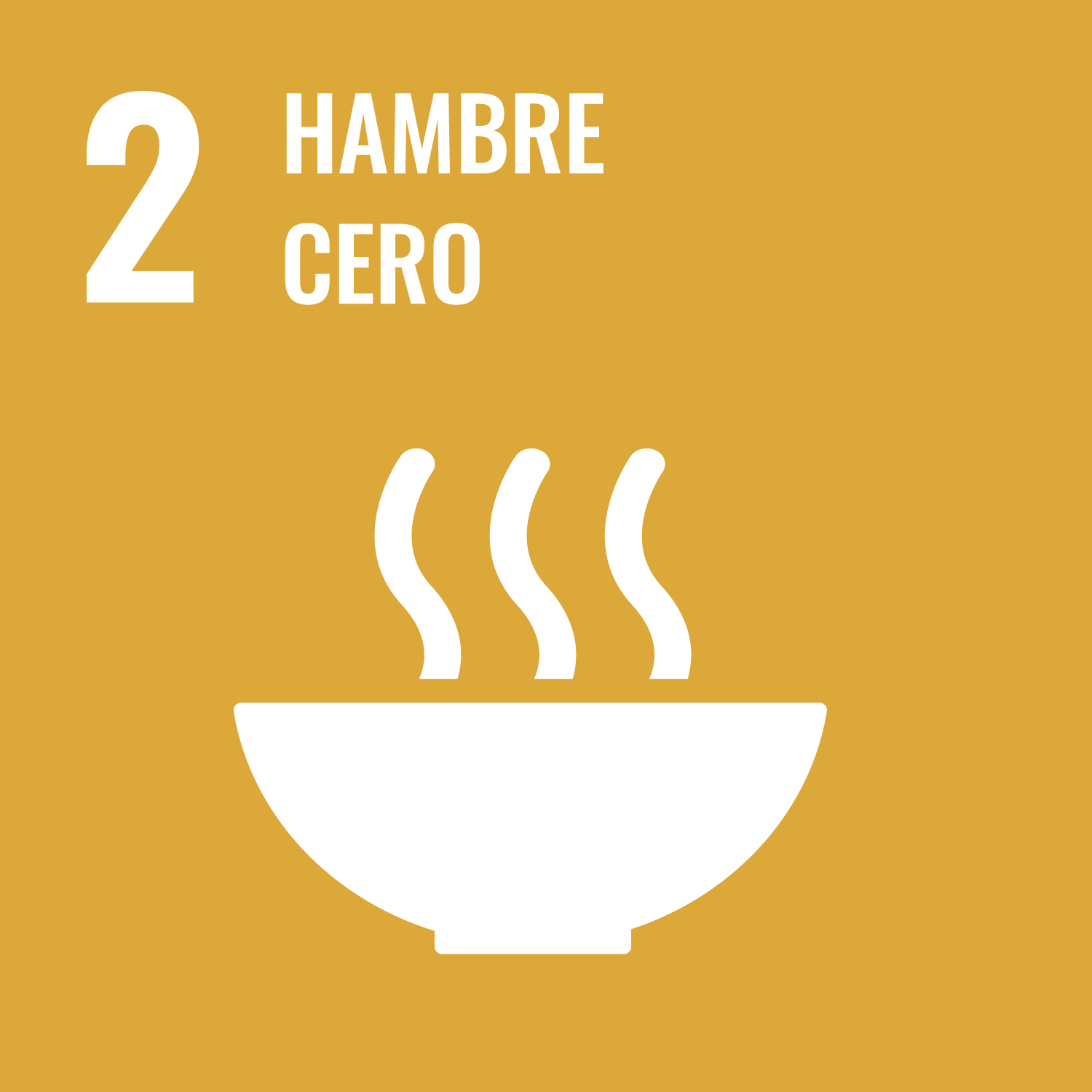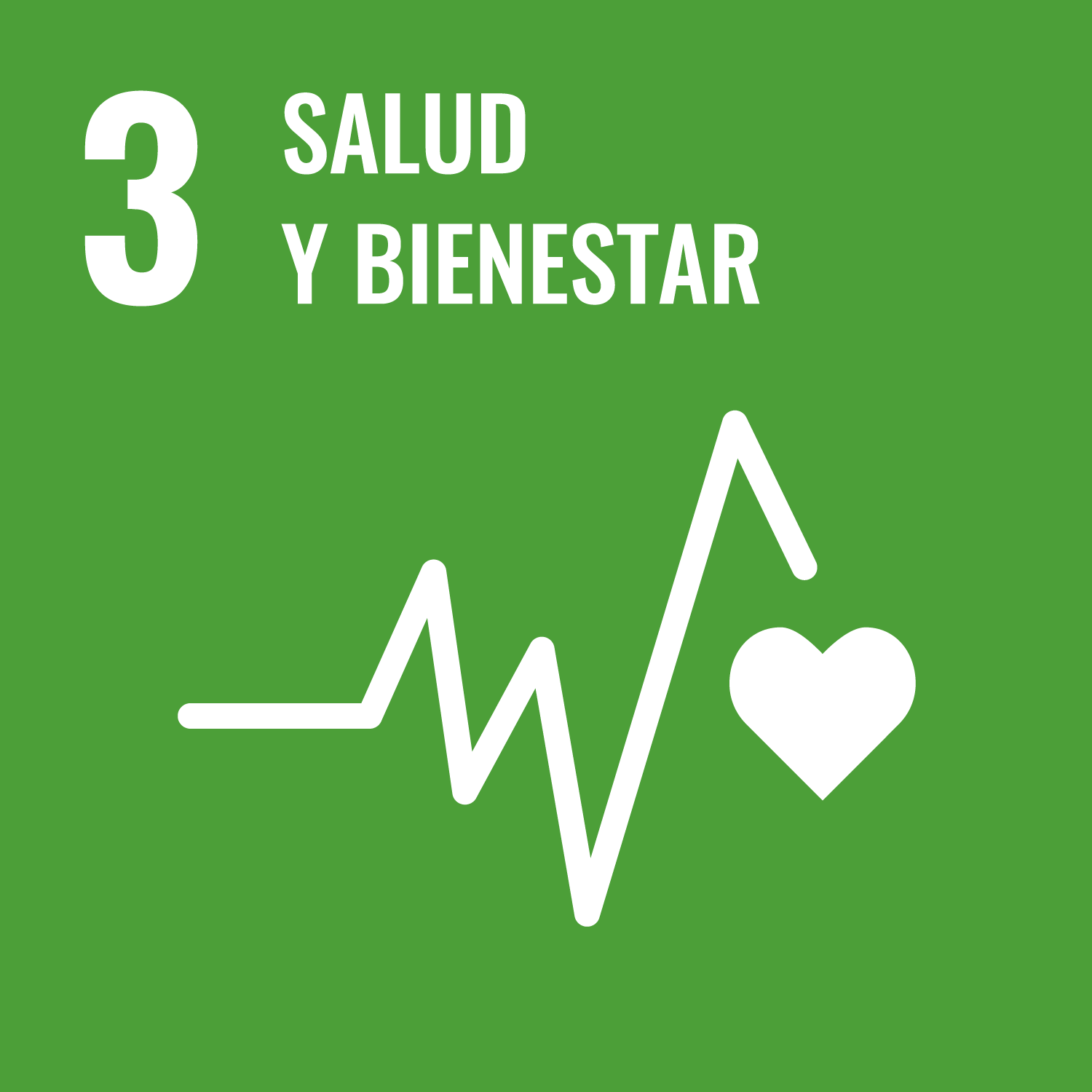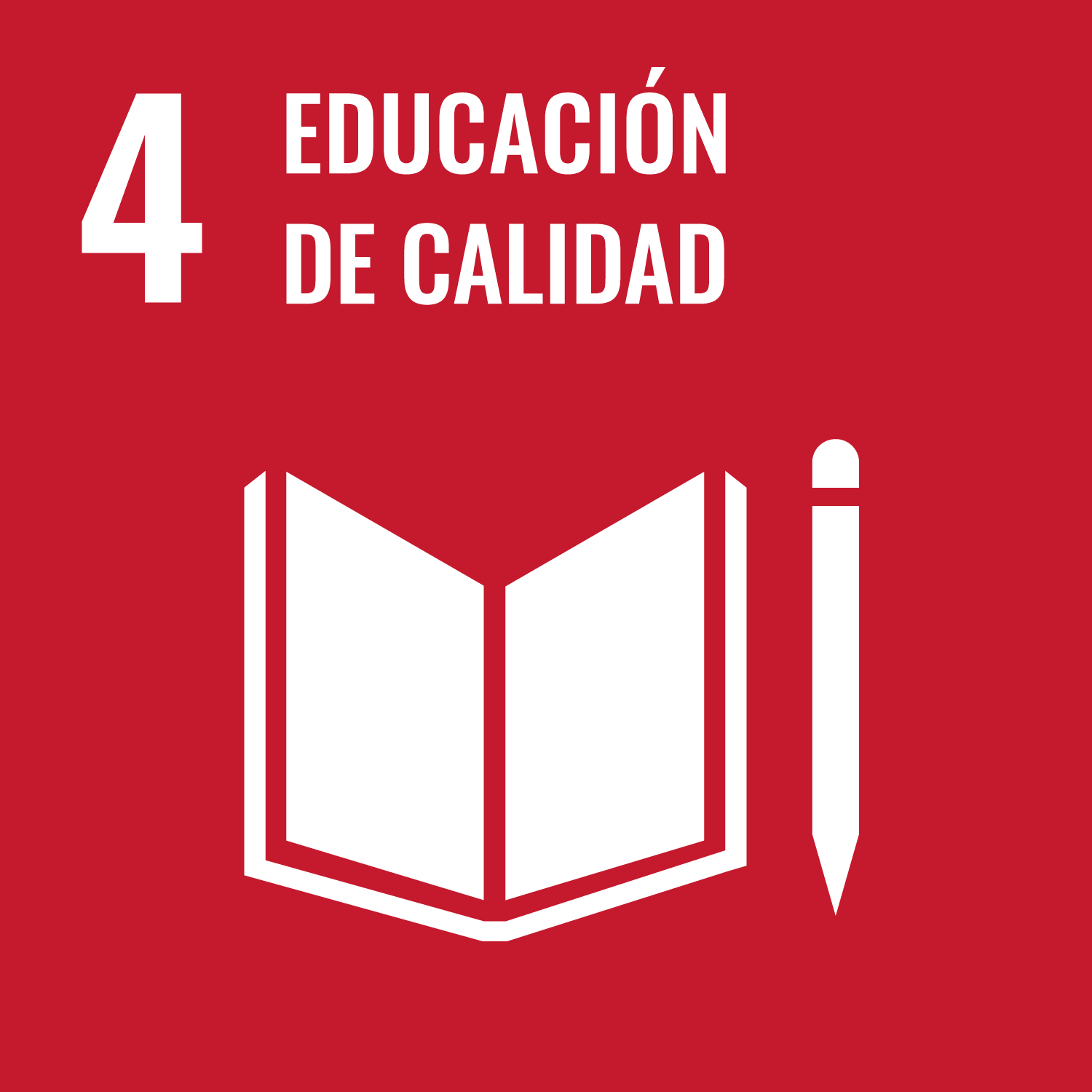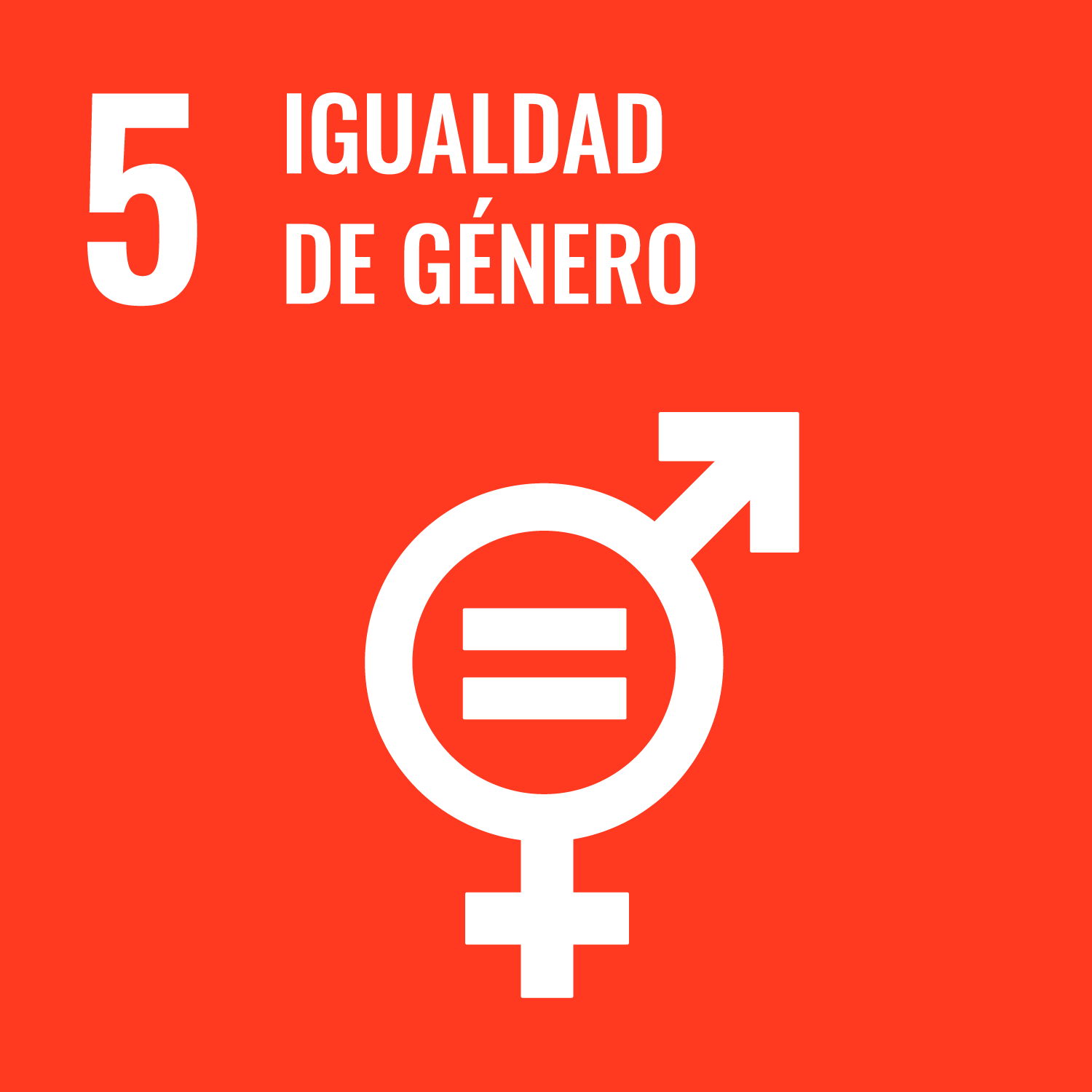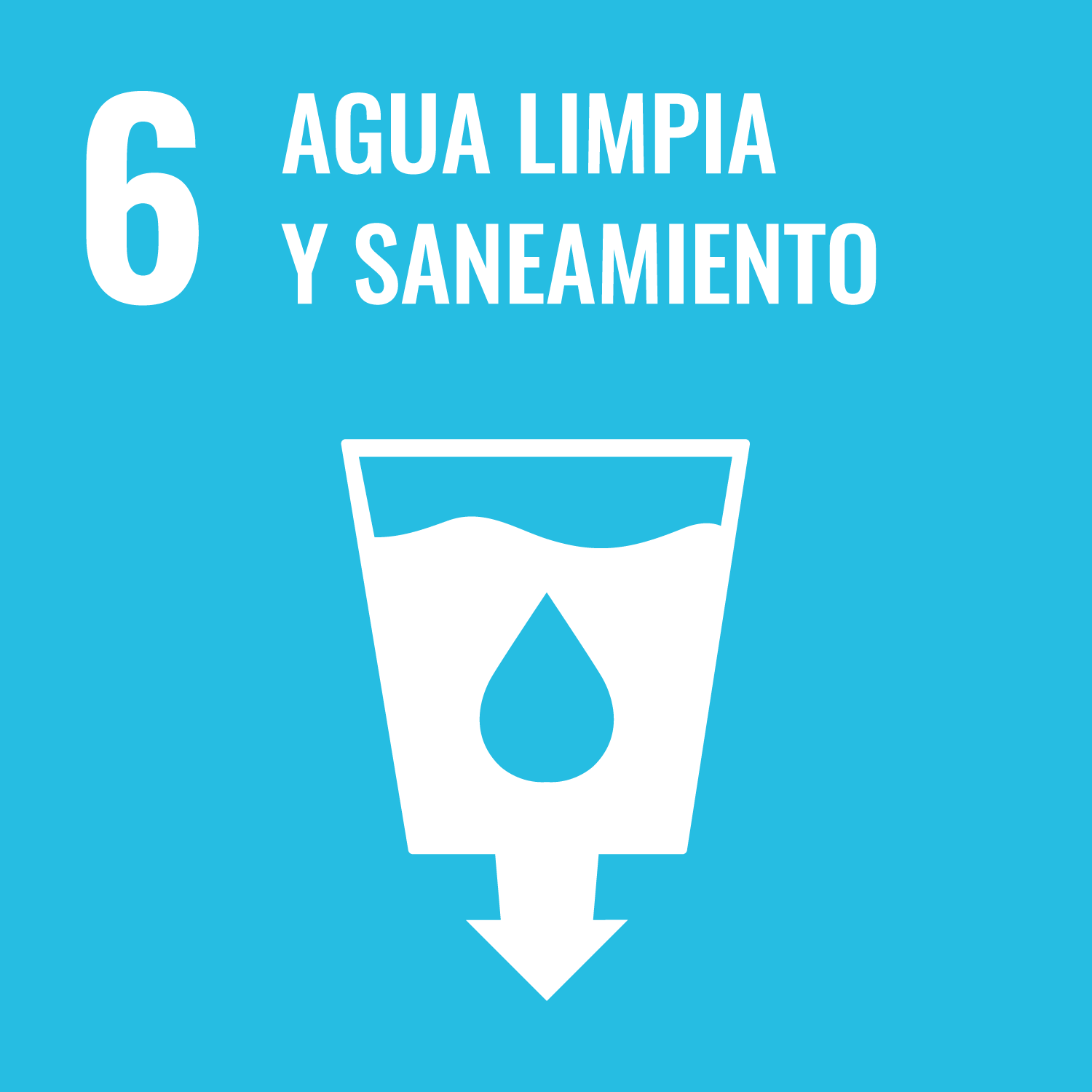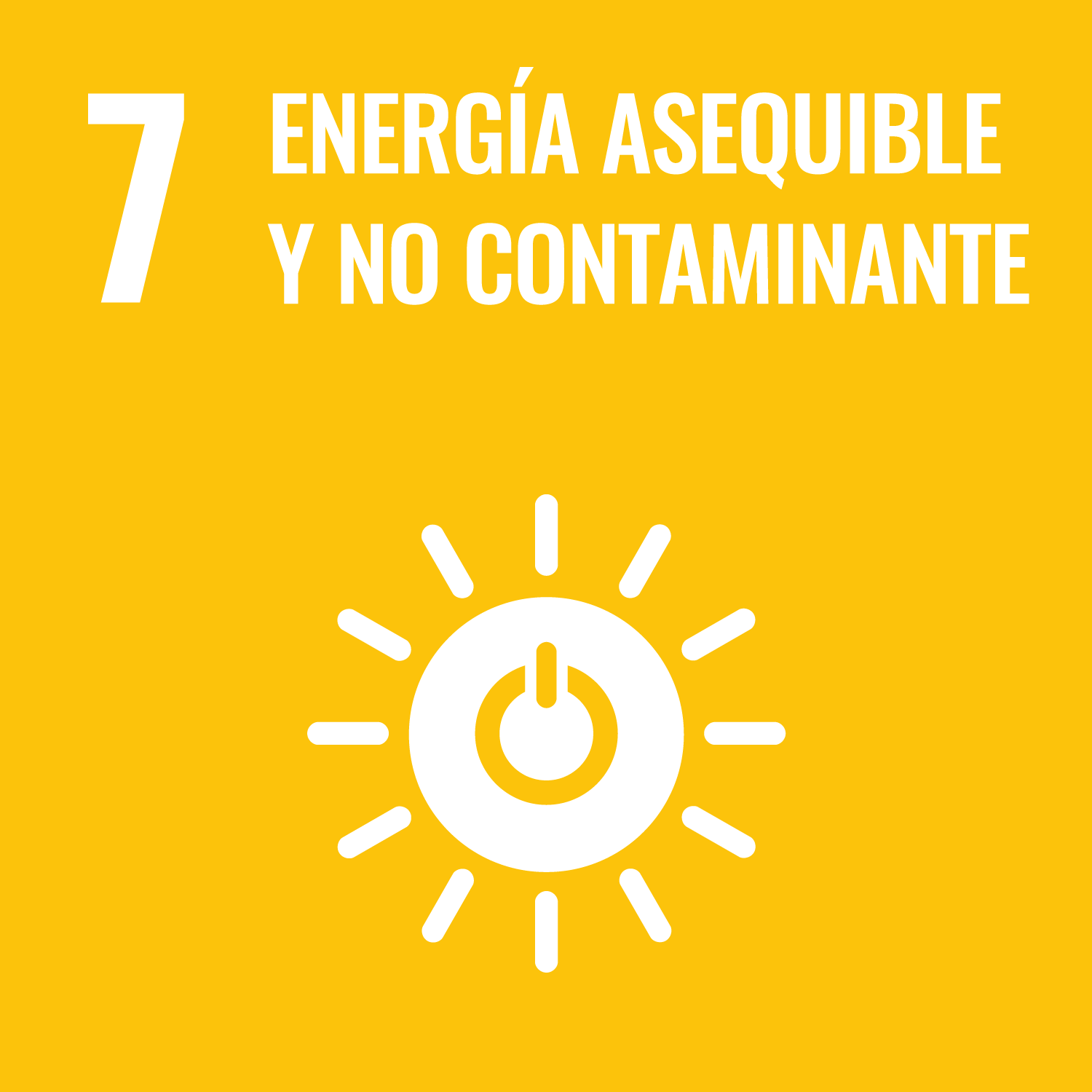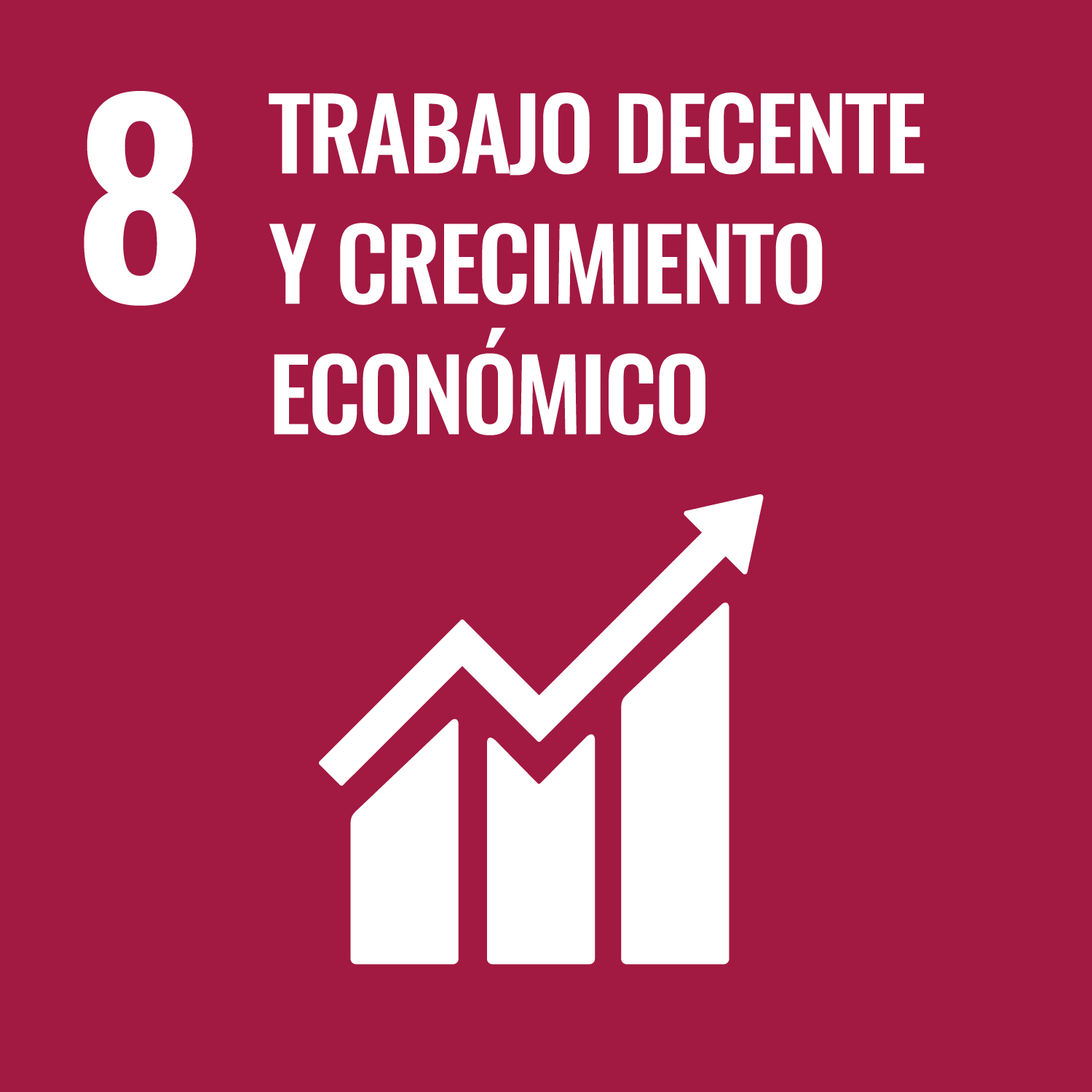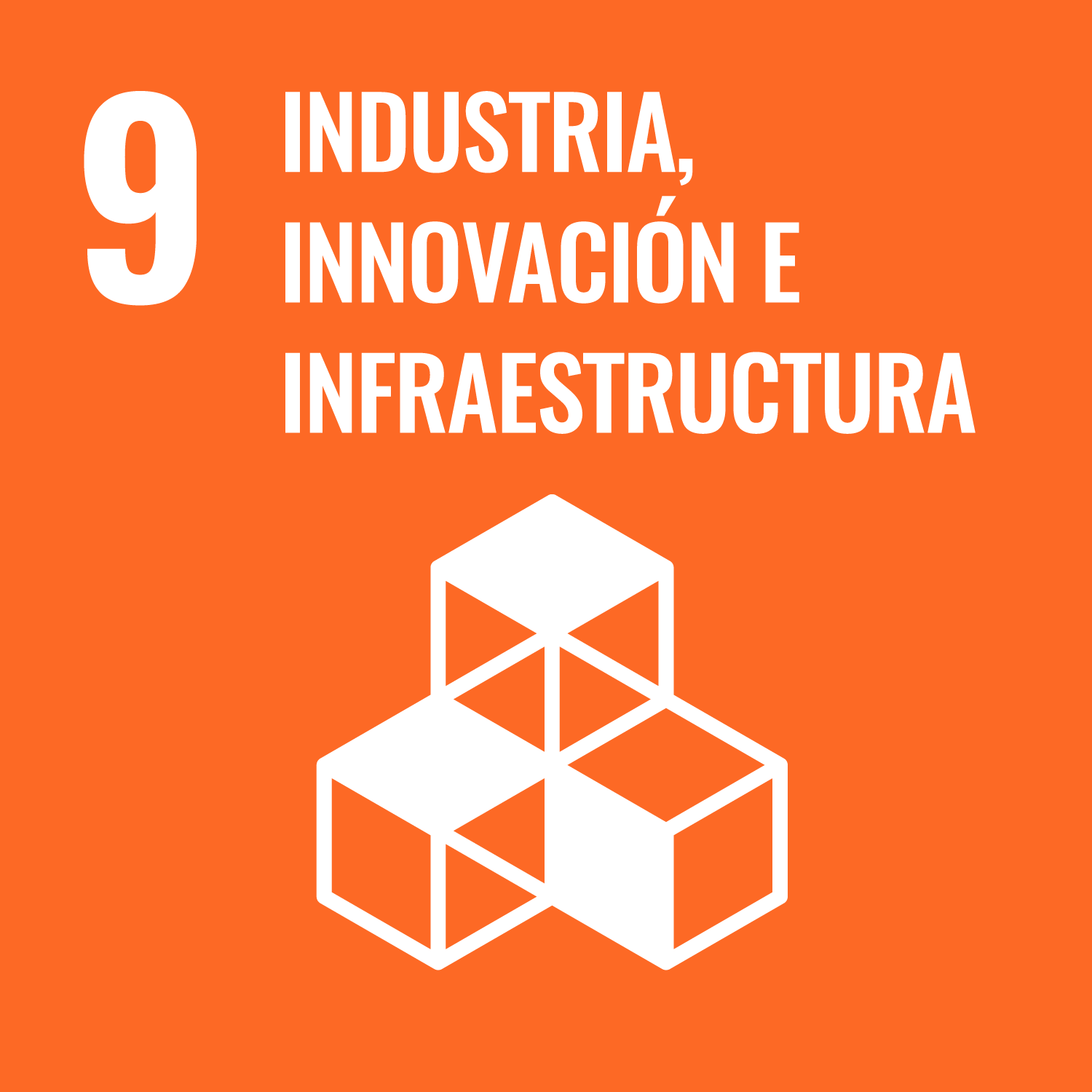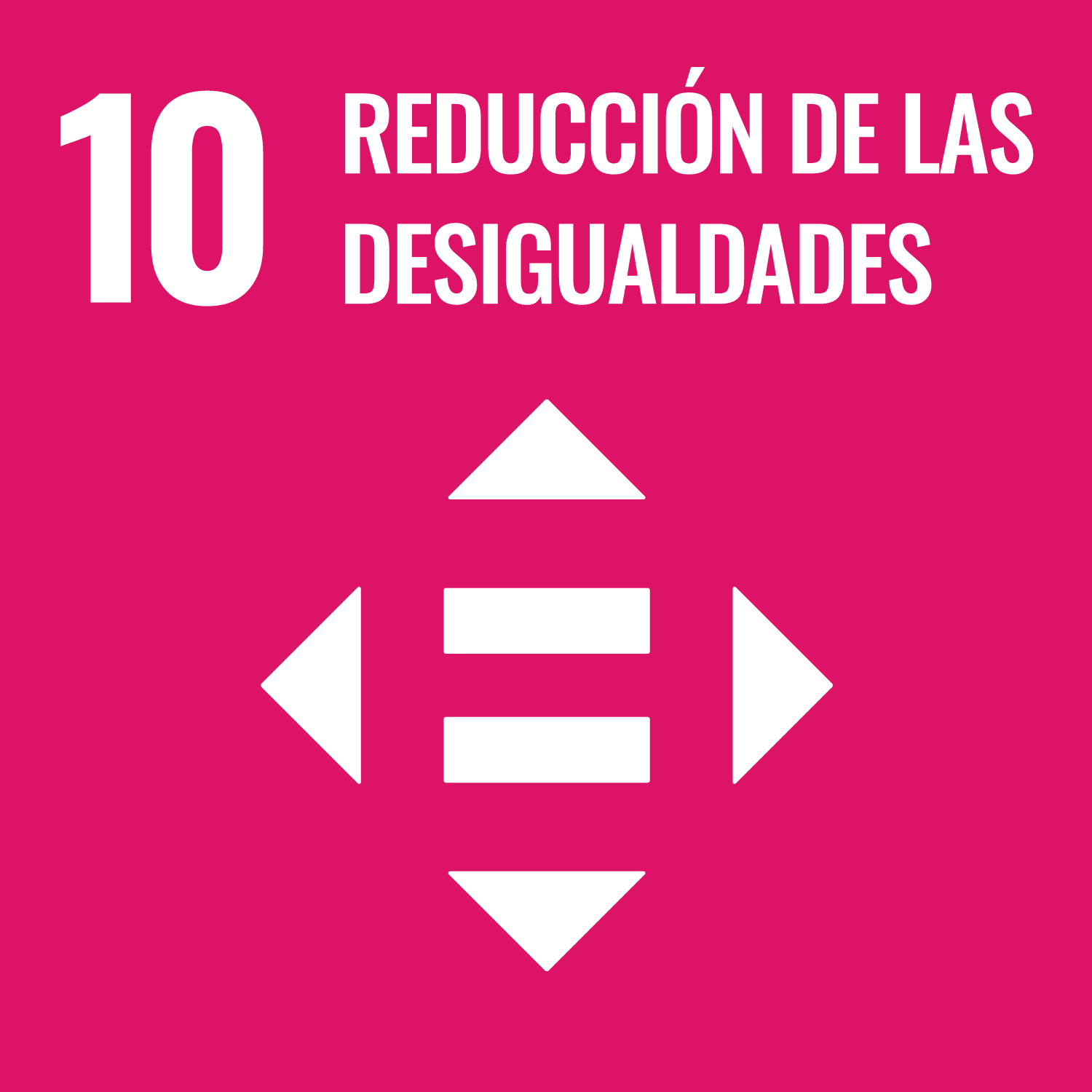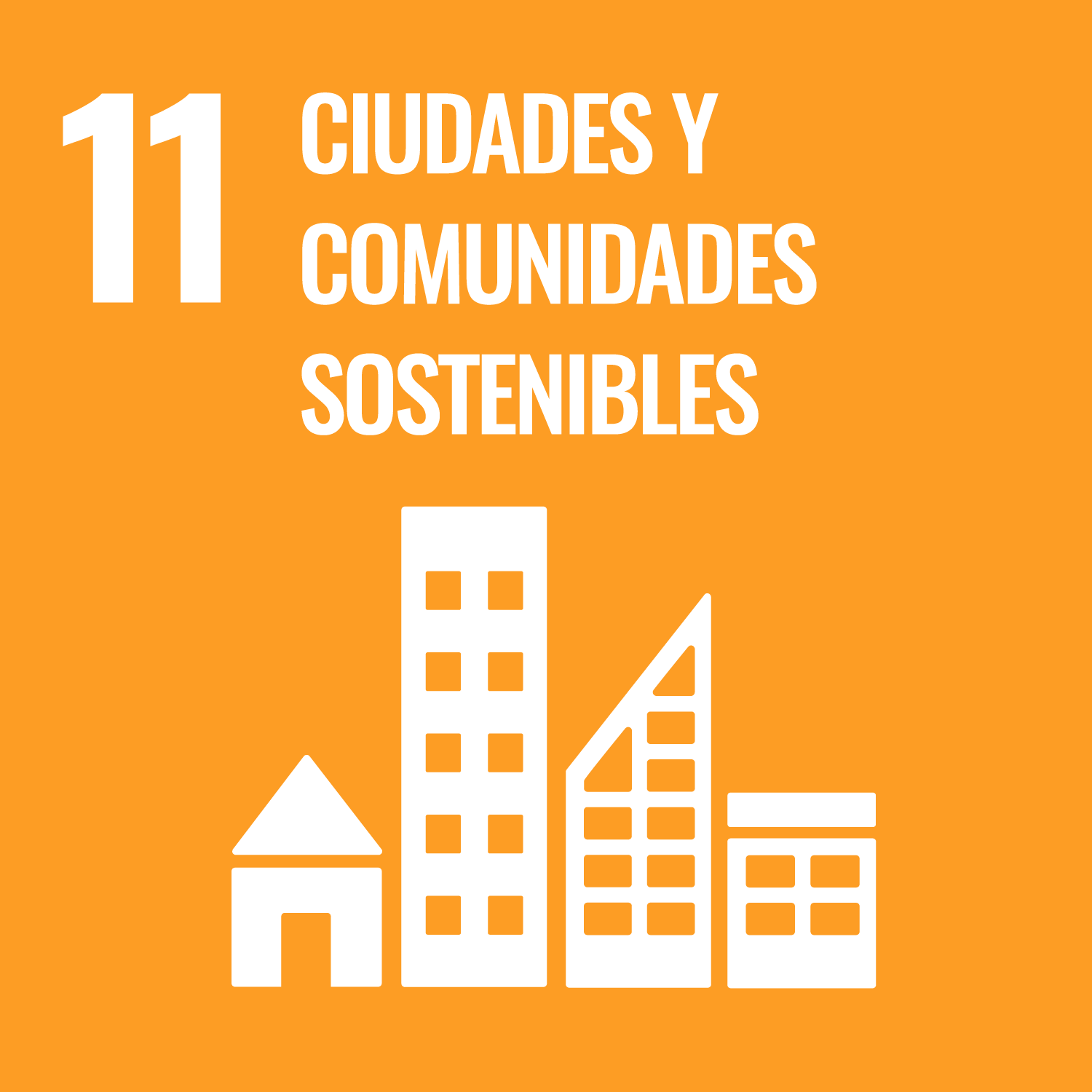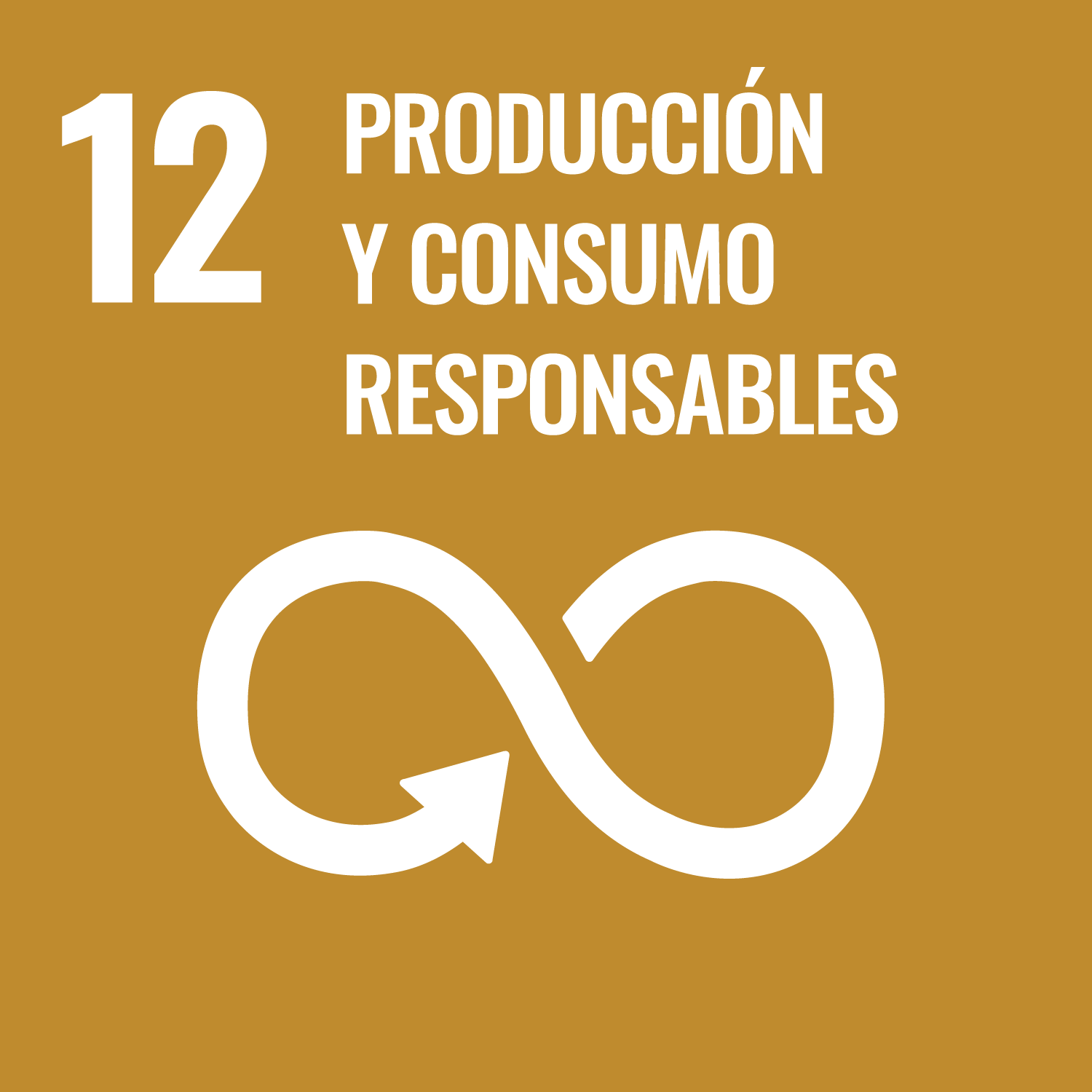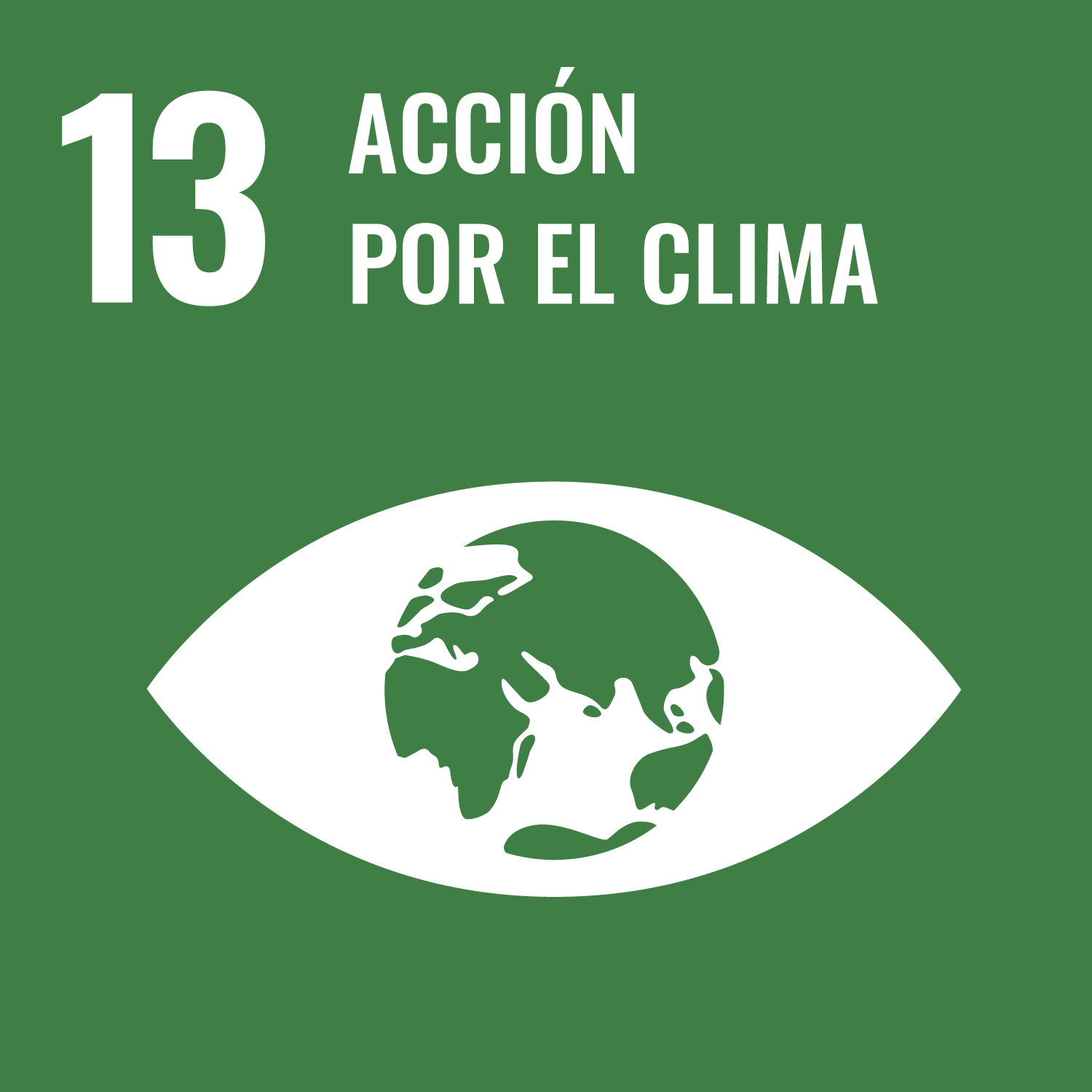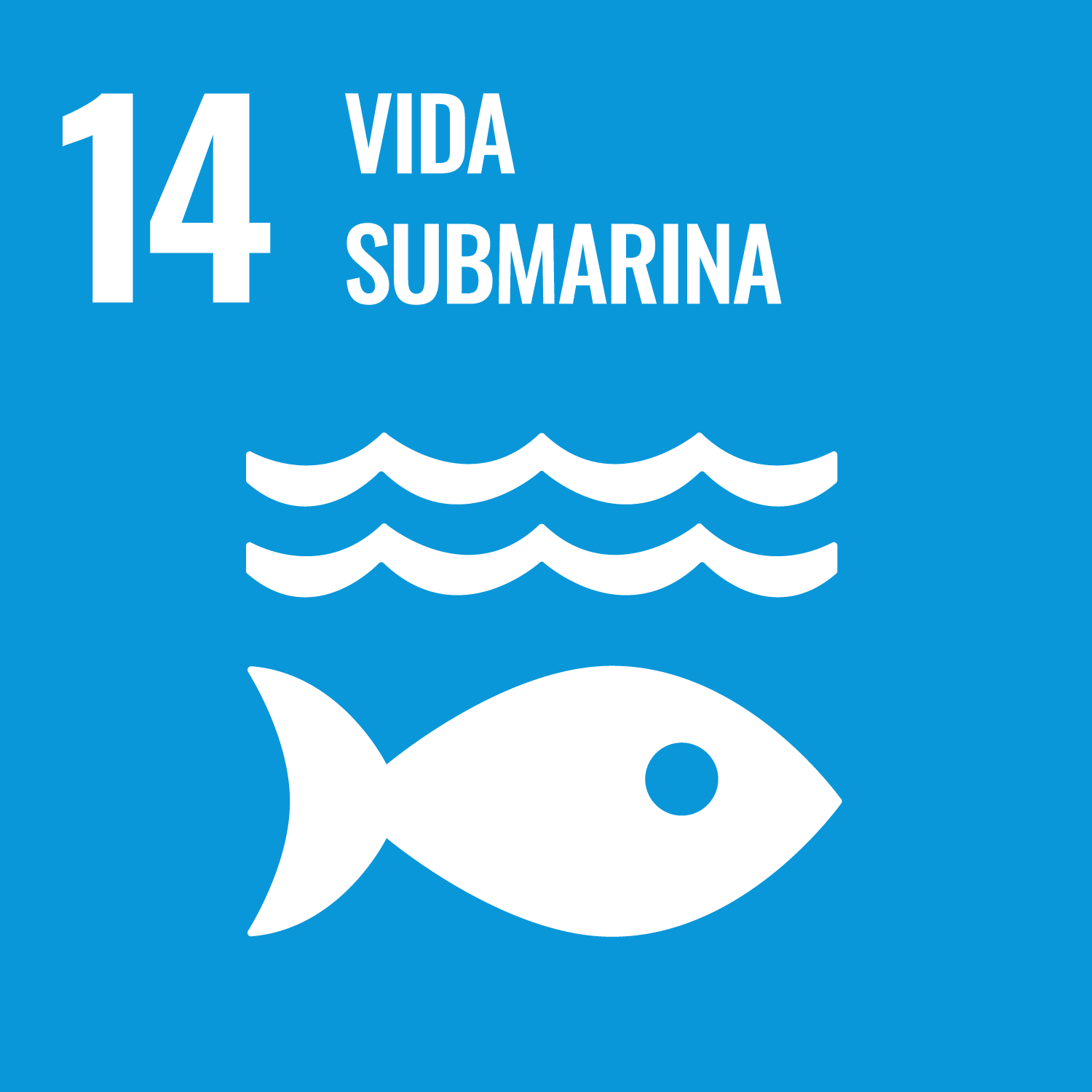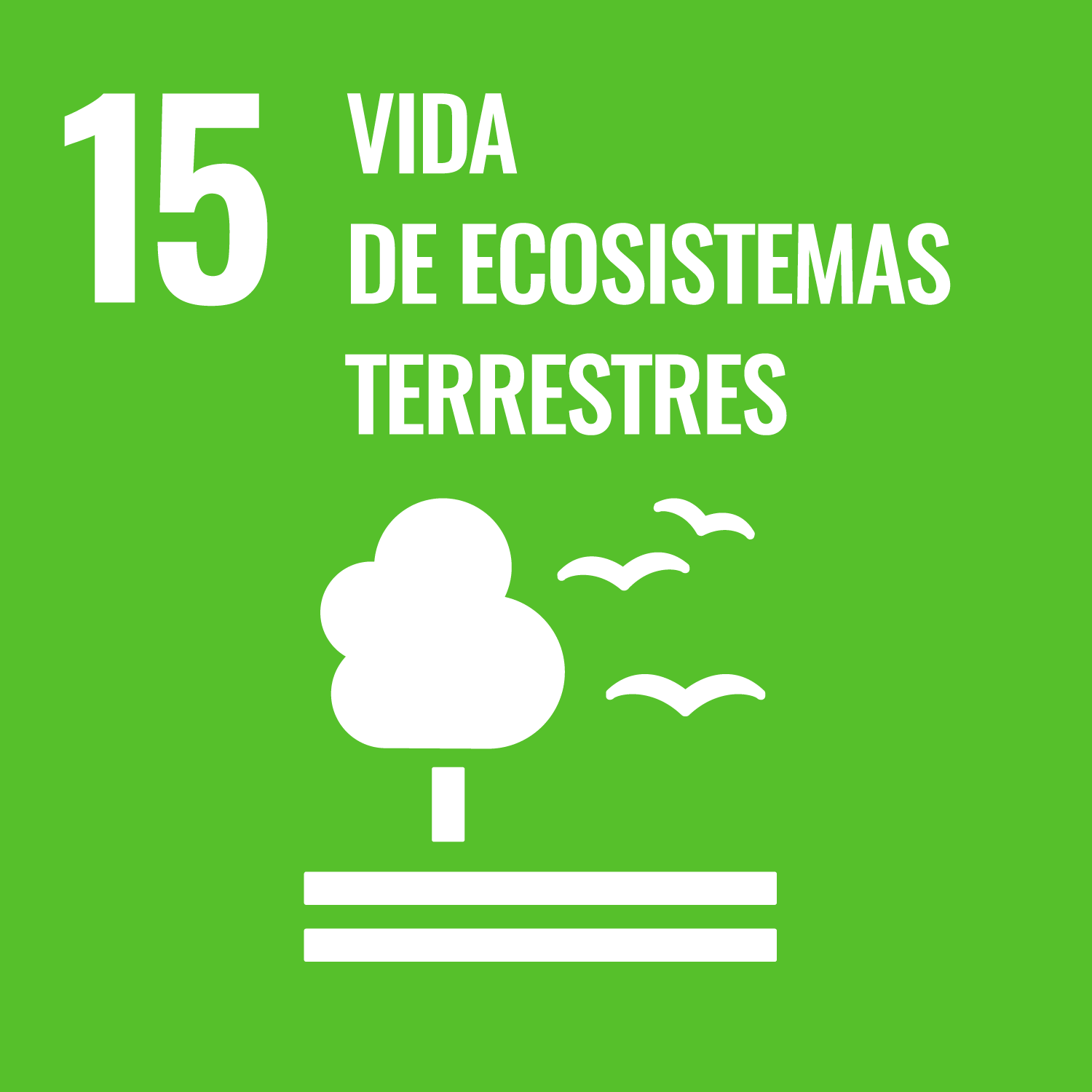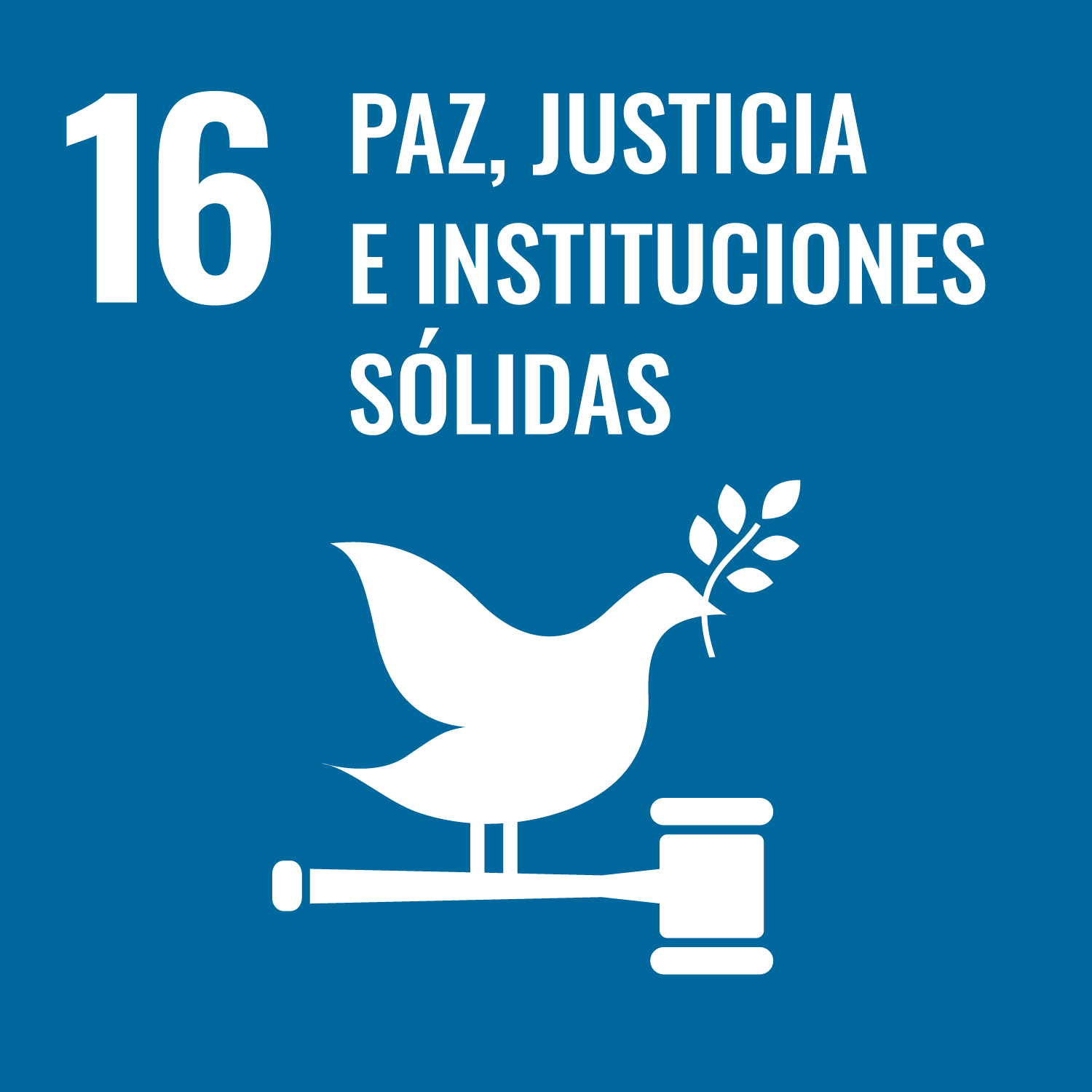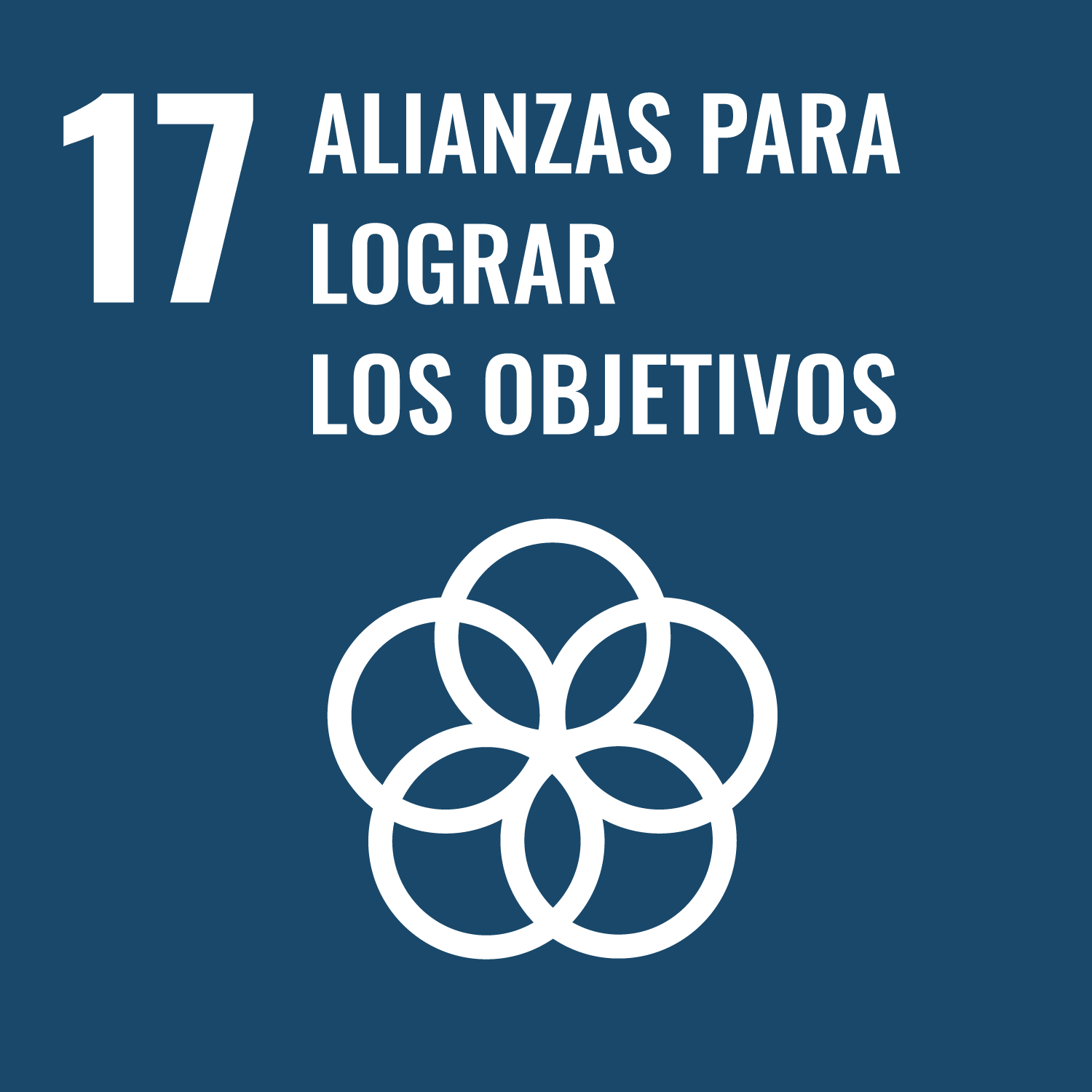In a small home in the Gampong Lamlagang district in Banda Aceh, the afternoon sunshine streams through the door onto carpet-covered wooden floorboards. The roof is made from patches of corrugated iron, with gaps that permit both light and rain – a common sign of a poverty-stricken household in Indonesia.
This is the family home of recently widowed Ernawati, age 46, who has lived here since she was a child. When she got married, she and her husband started renovating the house by adding a brick wall extension. In 2021, Ernawati lost her husband to a sudden and tragic accident. Overnight, her life was turned upside down.
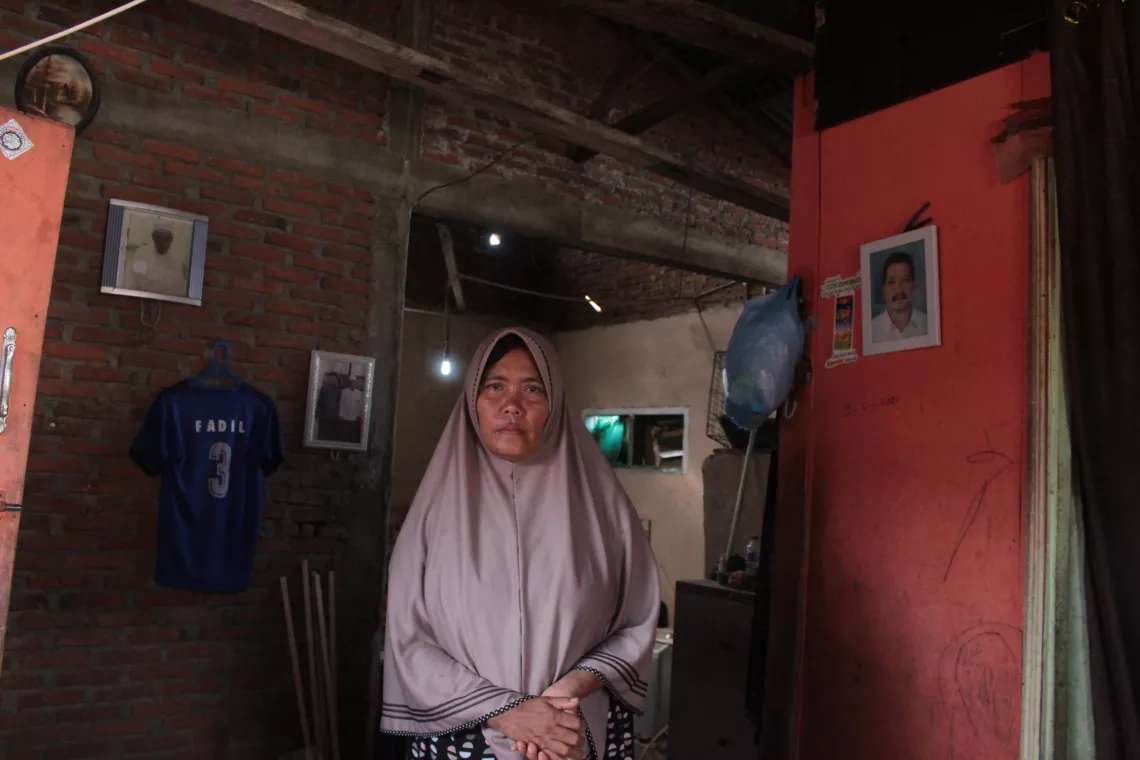
“I’ve been left to bring up my children by myself. Now, I wash other people’s clothes in order to look after our children,” Ernawati shared through tears.
Now the main breadwinner in the family, Ernawati earns income solely from washing clothes. Her work became much harder after her washing machine broke and she had to do everything manually, in addition to running a pick-up and delivery service.
Her 13-year-old son used to help until he had to drop out of school because of financial hardship. Her nine-year-old daughter is still in school, and her 20-year-old son, who has an autoimmune disease, works full-time.
In late 2022, the tide began to turn for Ernawati and her family. The village head of her community told Baitul Mal Aceh (BMA) – a local Islamic finance institution that collects, manages and distributes Islamic alms – about the economic hardship faced by Ernawati and BMA began to assist with their Zakat for Development (Z4D) programme.
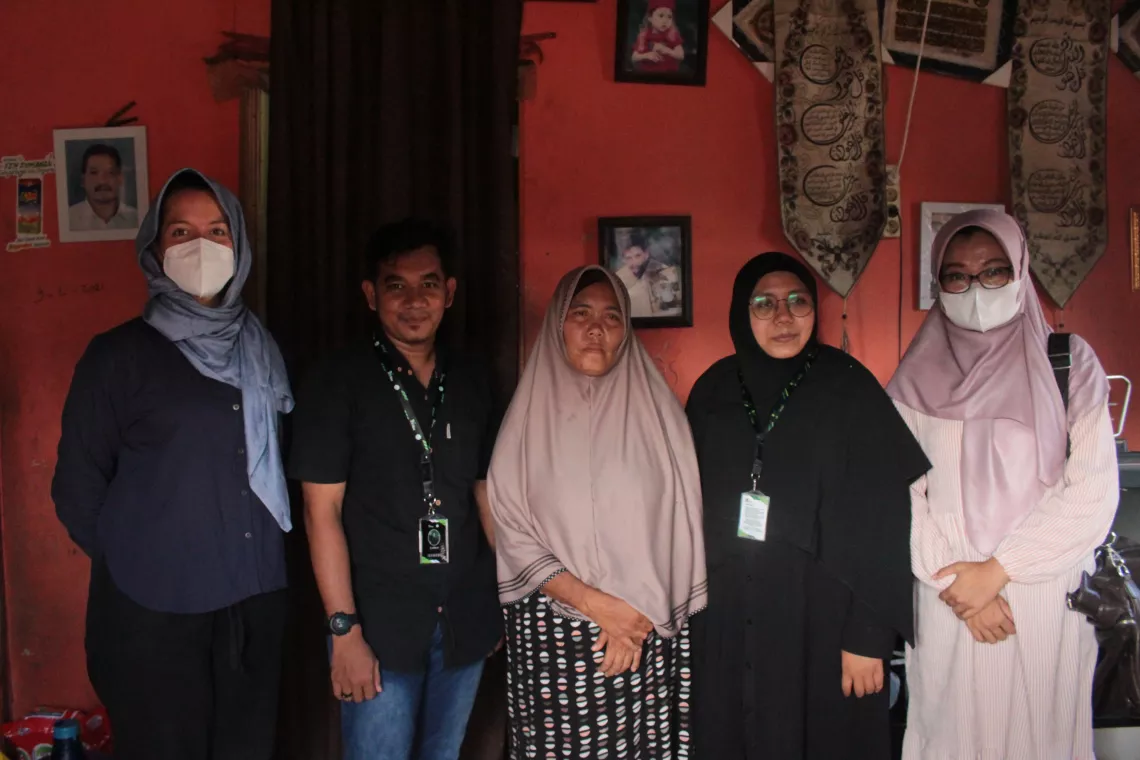
With cash grants from BMA, the family bought a new washing machine and constructed a wash basin. This has made her work less labour-intensive and gives her time to earn income from other sources. Now that she has extra time, she plans to sell tea packets in her community. Ernawati is deeply grateful for the support. “Thank god for Baitul Mal Aceh because life has been so hard,” she said.
UNICEF, supported by the Joint SDG Fund, builds the capacity of BMA to help ensure their programmes are responsive to issues related to children. Since 2022, BMA has disbursed US$ 600,000 from the Islamic Fund (ZISWAF), benefiting 688 households and approximately 2,300 children in 23 districts across Aceh Province who are affected by economic, sanitation or nutrition-related hardship.
For many at BMA, these efforts are deeply meaningful. Rizki, an Implementing Officer at BMA who has dedicated more than 15 years of his life to these efforts, says that the workers are driven to help families in Aceh by a “calling from the heart”.
Originally published by UNICEF Indonesia
Note:
The Joint SDG Fund's joint programmes are under the prestige leadership of the Resident Coordinator Office and implementing United Nations Agencies. With sincere appreciation for the contributions from the European Union and Governments of Belgium, Denmark, Germany, Ireland, Italy, Luxembourg, Monaco, The Netherlands, Norway, Portugal, the Republic of Korea, Saudi Arabia, Spain, Sweden, Switzerland and our private sector funding partners, for a transformative movement towards achieving the SDGs by 2030.


